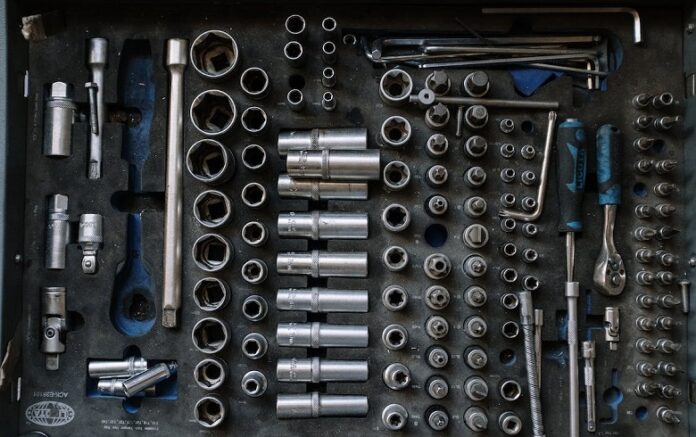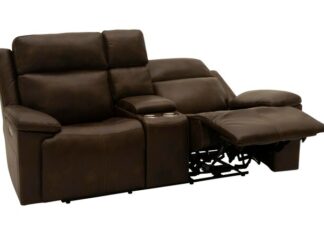Industrial tools and equipment need special care to keep up their resale value and functional design. You may know that maintaining your industrial machines can keep them in working order for a long time. However, the types of machines your company owns may vary.
How can you ensure that you’re investing your company’s resources in the best maintenance practices? The more experienced your maintenance staff is with the types of machines your company owns, the easier it is to answer this question.
Read on to learn more about some of the best maintenance practices to use with new and used industrial equipment.
Let’s begin!
Regular Cleaning
Table of Contents
One of the best and simplest yet most effective maintenance practices is considered regular cleaning. Dust, dirt, and debris can accumulate on industrial tools and equipment, leading to wear and tear. Use tools that are suitable for the specific equipment to remove contaminants, including:
- brushes
- compressed air
- cleaning solutions
By cleaning them regularly, you can prevent this buildup and extend their lifespan.
Lubrication for Smooth Operation
Lubrication is essential for the moving parts of industrial equipment. Proper lubrication reduces friction and wear. Certainly, this ensures that your machinery operates smoothly. Consult the manufacturer’s guidelines to determine the right type and frequency of lubrication needed for each piece of equipment.
Inspections and Routine Check-Ups
Regular inspections are considered a key to identifying probable issues before they become crucial problems. Create a checklist for each tool or equipment and perform routine inspections. Look for:
- loose bolts
- worn-out components
- any signs of damage
Remember, regular maintenance can help prolong the life of your industrial tools and equipment and will help keep them running efficiently and safely.
Calibrate Your Tools for Precision
Many industrial tools require precise measurements and alignments to function correctly. Furthermore, this is particularly significant for equipment such as:
- torque wrenches
- pressure gauges
- measurement tools
Periodically calibrate your equipment to maintain accuracy. Moreover, this can require regular consulting or acquiring manufacturer updates. This is to ensure that the calibration procedures are up-to-date.
Training and Skill Development
Invest in training programs for your staff to ensure they know how to use and maintain industrial tools and equipment correctly. Proper training can prevent:
- accidents
- reduce downtime
- Extend the life of your equipment
Encourage employees to continuously improve their skills and stay updated on best practices.
Safe Storage
Proper storage is often overlooked but is crucial for maintaining industrial equipment and tolls. Moreover, Store them in a clean, dry, as well as in a well-ventilated area. Protect sensitive equipment from:
- extreme temperatures
- humidity
- direct sunlight
Consider using protective cases or covers for added protection. Safe and proper storage is crucial for both brand-new and pre-owned industrial equipment to guarantee their longevity.
Preventive Maintenance
In addition to regular cleaning and inspections, implement a preventive maintenance schedule. Basically, this involves:
- replacing worn-out parts
- conducting thorough checks
- Maintenance tasks at predetermined intervals
Preventive maintenance shrinks the risk of unexpected breakdowns as well as extends the life of your equipment.
Keep the Wheels Turning for Your Industrial Tools and Equipment
Industrial tools and equipment need to be well maintained in order to perform optimally. Howoever, Implementing effective maintenance methods to extend the lifetime of the tools and machines, as well as save on costs. To maximize the lifespan of your tools and machines, be sure to use the best maintenance practices.
Don’t forget to use the right lubricants and protective tools for the operation and maintenance of power industrial equipment. Get started today and enjoy the benefits that the best maintenance practices can offer.
If you’re interested in more content like this, check out some of the other blog articles on the site!











